=========
=========
Promoted from the diaries by streiff. Promotion does not imply endorsement.
=========
=========
Congress shall make no law respecting an establishment of religion, or prohibiting the free exercise thereof; or abridging the freedom of speech, or of the press; or the right of the people peaceably to assemble, and to petition the government for a redress of grievances.
Pre Script: What I am about to say is in NO WAY meant to express opposition to the rights of Gay Americans to self determination or their rights to bind themselves together in civil unions.
My intent is only to examine the issues people of faith are facing in a post Obergefell v. Hodges society.
As will become clear in my arguments, these issues affect more than questions of religious conscience but branch into all aspects of American society when it comes to speech, association and conscience.
While I celebrate the ruling in MASTERPIECE CAKESHOP, LTD., ET AL. v. COLORADO CIVIL RIGHTS COMMISSION ET AL. I can’t help but worry over the gaps left after the ruling.
I believe a fatal error was made by Alliance Defending Freedom, (ADF) representing Jack Phillips by focusing on religious liberty to the exclusion of everything else.
It is easy to get caught up in one argument and forget the 1st Amendment deals with more than questions of religious liberty.
It also deals with freedom of speech and freedom of association in addition to the freedom from government establishment of religion.
First, the ruling. (Note, I skipped over the factual presentation of the case and edited out some references to prior case law for purposes of making the ruling more reader friendly. You can click the link for the full ruling).
(a) The laws and the Constitution can, and in some instances must, protect gay persons and gay couples in the exercise of their civil rights, but religious and philosophical objections to gay marriage are protected views and in some instances protected forms of expression… that Colorado law can protect gay persons in acquiring products and services on the same terms and conditions as are offered to other members of the public, the law must be applied in a manner that is neutral toward religion. To Phillips, his claim that using his artistic skills to make an expressive statement, a wedding endorsement in his own voice and of his own creation, has a significant First Amendment speech component and implicates his deep and sincere religious beliefs. His dilemma was understandable in 2012, which was before Colorado recognized the validity of gay marriages performed in the State…there is some force to Phillips’ argument that he was not unreasonable in deeming his decision lawful. State law at the time also afforded storekeepers some latitude to decline to create specific messages they considered offensive. Indeed, while the instant enforcement proceedings were pending, the State Civil Rights Division concluded in at least three cases that a baker acted lawfully in declining to create cakes with decorations that demeaned gay persons or
gay marriages. Phillips too was entitled to a neutral and respectful consideration of his claims in all the circumstances of the case.That consideration was compromised, however, by the Commission’s treatment of Phillips’ case, which showed elements of a clear and impermissible hostility toward the sincere religious beliefs motivating his objection. As the record shows, some of the commissioners at the Commission’s formal, public hearings endorsed the view that religious beliefs cannot legitimately be carried into the public sphere or commercial domain, disparaged Phillips’ faith as despicable and characterized it as merely rhetorical, and compared his invocation of his sincerely held religious beliefs to defenses of slavery and the Holocaust. No commissioners objected to the comments. Nor were they mentioned in the later state-court ruling or disavowed in the briefs filed here. The comments thus cast doubt on the fairness and impartiality of the Commission’s adjudication of Phillips’ case.
Another indication of hostility is the different treatment of Phillips’ case and the cases of other bakers with objections to anti-gay messages who prevailed before the Commission. The Commission ruled against Phillips in part on the theory that any message on the requested wedding cake would be attributed to the customer, not to the baker. Yet the Division did not address this point in any of the cases involving requests for cakes depicting anti-gay marriage symbolism. The Division also considered that each bakery was willing to sell other products to the prospective customers, but the Commission found Phillips’ willingness to do the same irrelevant. The State Court of Appeals’ brief discussion of this disparity of treatment does not answer
Phillips’ concern that the State’s practice was to disfavor the religious basis of his objection. Pp. 12–16.(c) For these reasons, the Commission’s treatment of Phillips’ case violated the State’s duty under the First Amendment not to base laws or regulations on hostility to a religion or religious viewpoint. The government, consistent with the Constitution’s guarantee of free exercise, cannot impose regulations that are hostile to the religious beliefs of affected citizens and cannot act in a manner that passes judgment upon or presupposes the illegitimacy of religious beliefs and practices.
The majority stuck to the question of whether the Colorado Civil Rights Commission was discriminatory in it’s comments concerning Mr. Phillips Religion while paying minimal consideration to the Freedom of expression, association and speech:
Then there is this Damnable comment:
…there is some force to Phillips’ argument that he was not unreasonable in deeming his decision lawful.
See what they did there? No longer is a person’s right to free speech absolute. There is now “Some force” in your argument if you say the government shouldn’t dictate if you speak, whether you speak or what you say WHEN you speak!,
But I digress.
My take away is that there are several other aspects of the 1st Amendment that beg to be addressed.
For instance:
- Can government force a baker, printer, or practitioners of any other creative craft to create messages that are antithetical to their beliefs.
At what point are we stepping from the realm of not discriminating against one group and straying into the realm of forced political speech on the part of the government.
Put another way, is it ever acceptable for the government to mandate speech, the acceptable manner of speech, or the content OF that speech?
The practical application of the Colorado Civil Rights Commission’s position is to mandate not only the participation of Mr Phillips in the wedding of the gay plaintiffs, they are forcing Mr. Phillips to speak and to add insult to injury, they are telling him what to say!
How is this not government mandated speech since every aspect of Mr. Phillips work is compelled through government regulation?
Now to Freedom of association:
- Can government force a business owner to participate in a ceremony that they view as a mockery of a solemn covenant between practitioners of a religion and their GOD.
What do I mean?
In scripture, Jesus refers to the Church as his bride. The union of one man and one woman is a representation of the LORD and his Church.
In fact, this representation isn’t limited to Christ but is also in the old testament and the Jewish TORAH. The LORD told Hosea to marry a prostitute who would later betray and cheat on him. The whole point being to demonstrate to Hosea and by extension, his chosen people the pain GOD experiences when his people, (His bride) betray him by chasing after other pagan gods.
Given the deeply held religious beliefs of Christians, Jews and others in our society, HOW can government force a business owner to participate in and associate with a couple, or group of people they perceive as being hell bent on making a mockery of that covenant relationship ordained by GOD?
- Can government force a Jewish or black business owner to cater a KKK event or a NAZI rally?
- Can government force a black printer to create fliers that are pro NAZI or KKK and dictate what is said in that literature?
Finally, left unanswered is whether restricting a person’s right to opt out of participation in a gay wedding, or to print pro gay literature, or create a pro gay message on a cake, is the government engaged in establishing a secular religion or prohibiting the free exorcise of Mr. Phillips’ religion.
I’m not sure if Melissa Klien of Sweet Cakes by Melissa is pursuing a court case against the Oregon Bureau of Labor and Industries to the Supreme Court or not, but I hope so. Theirs is another of these cases where the questions I raise are at issue even more than Mr Phillips.
I look forward to how a Supreme Court ruling with Trump selected replacement for Justice Kennedy will look when these issues are addressed as they must eventually be.
We need clarity instead of the baby spitting ruling we got from MASTERPIECE CAKESHOP, LTD., ET AL. v. COLORADO CIVIL RIGHTS COMMISSION ET AL.



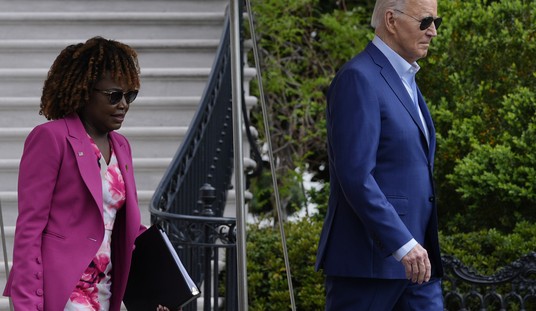

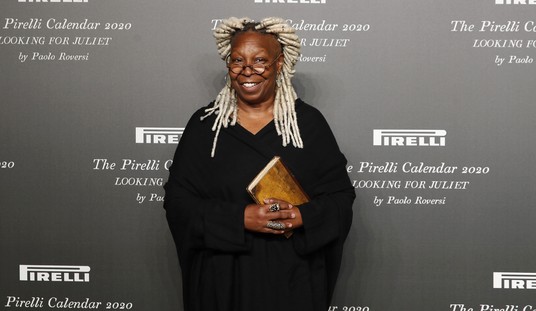
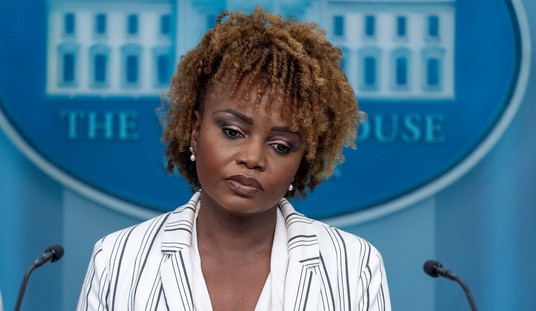
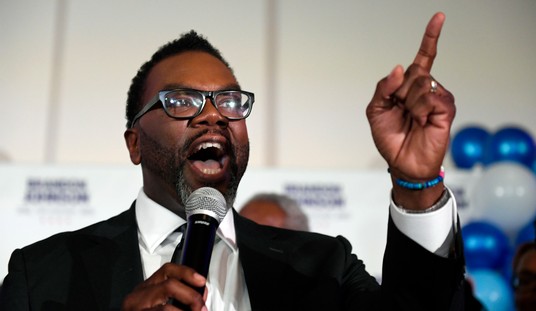
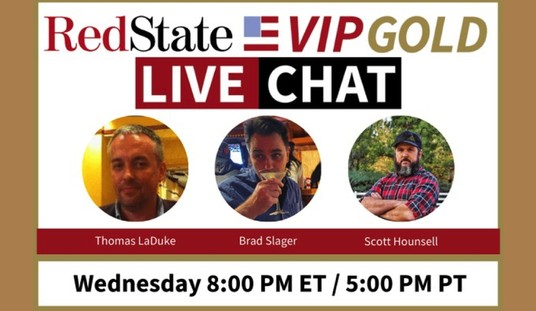
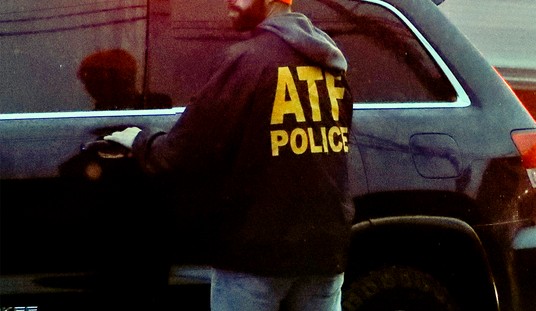


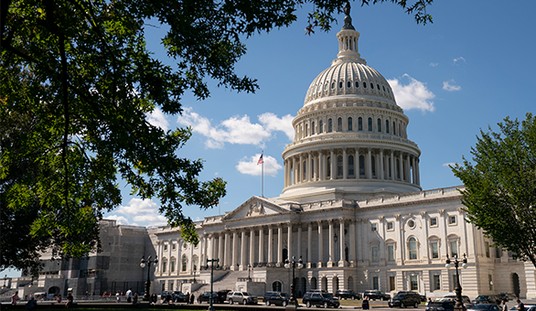
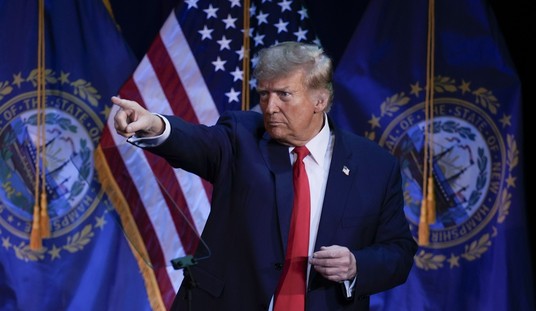
Join the conversation as a VIP Member